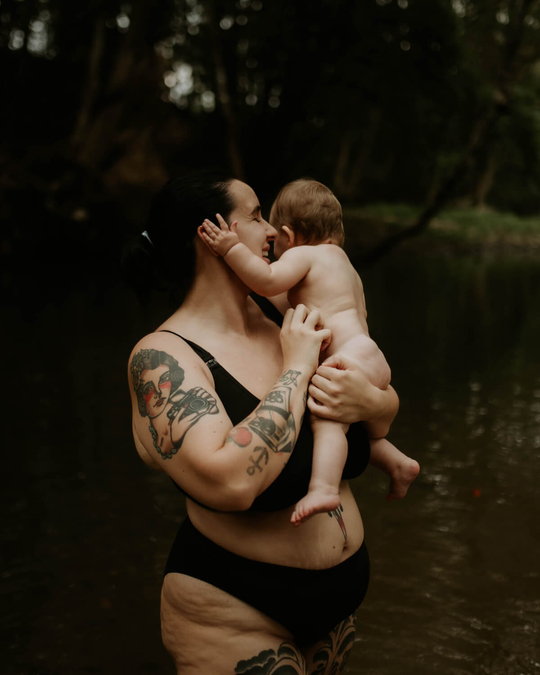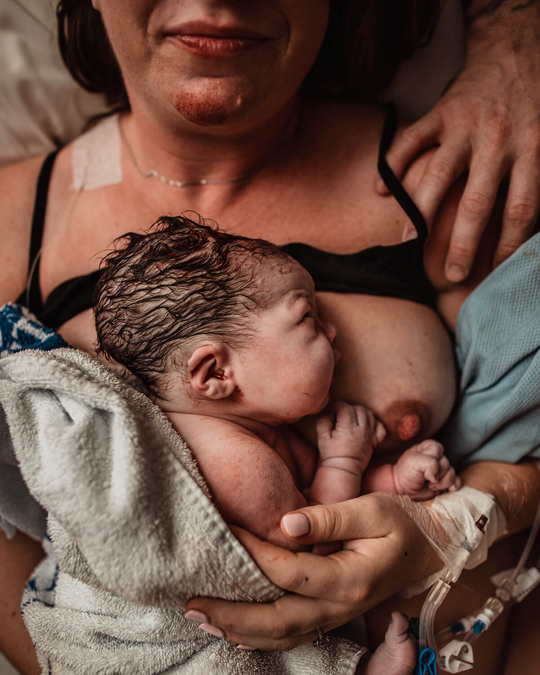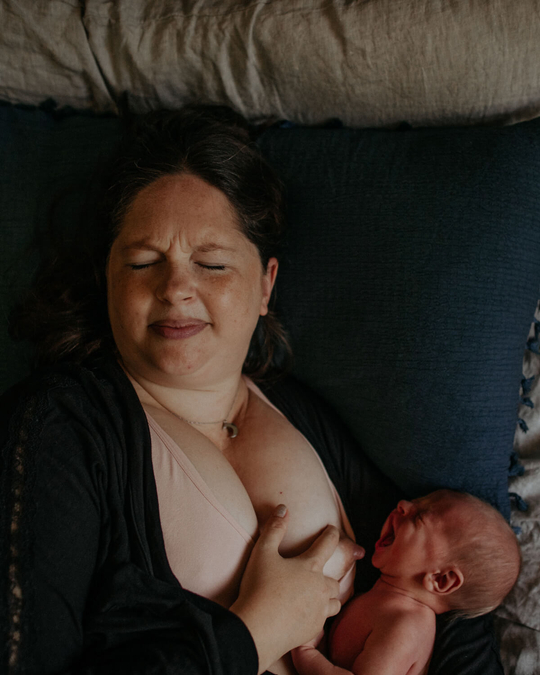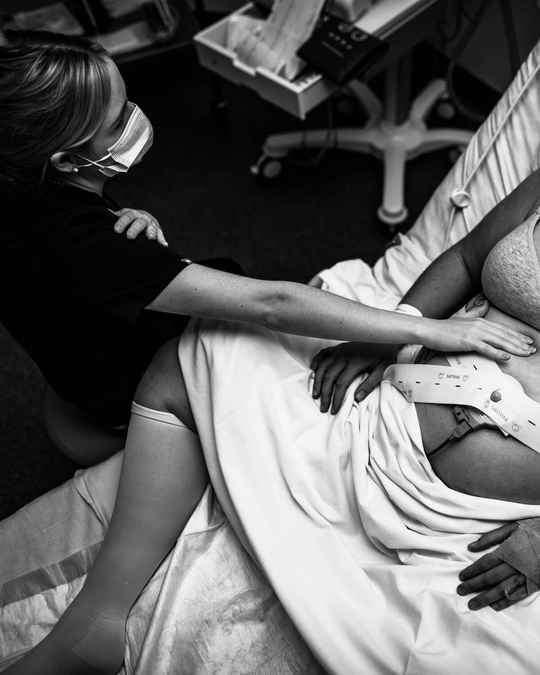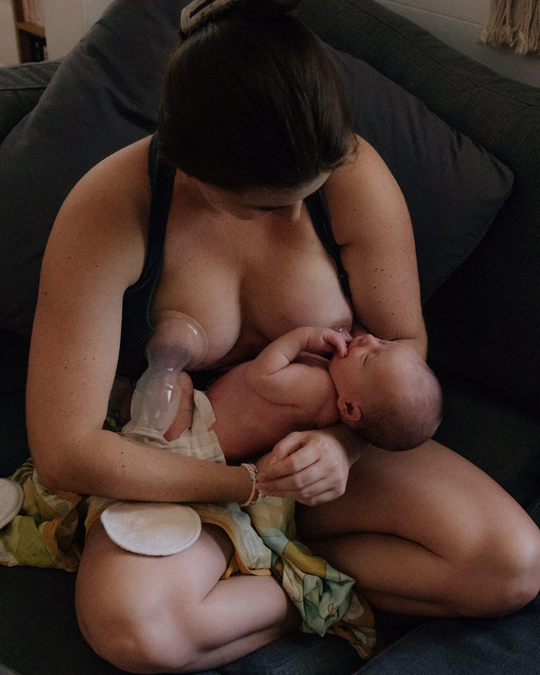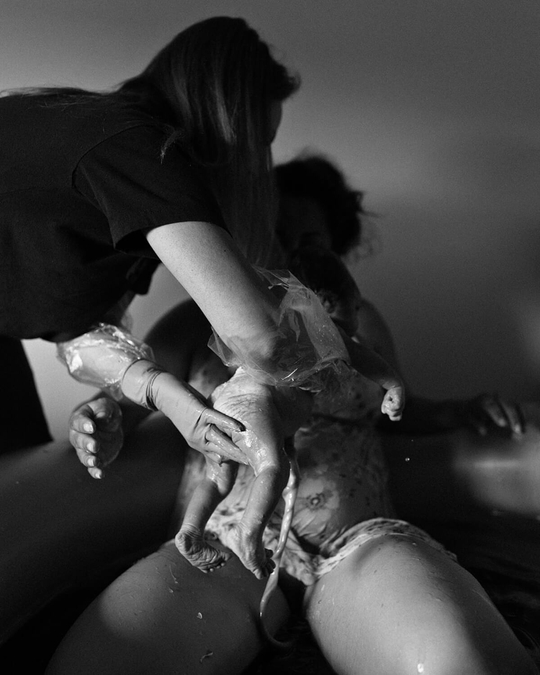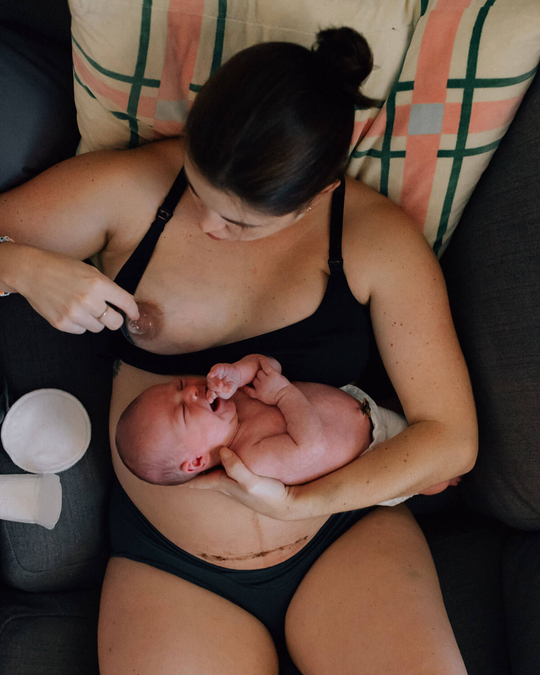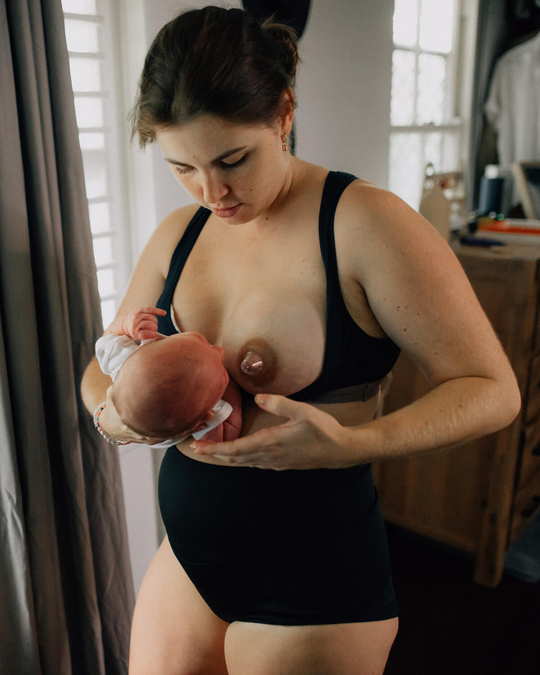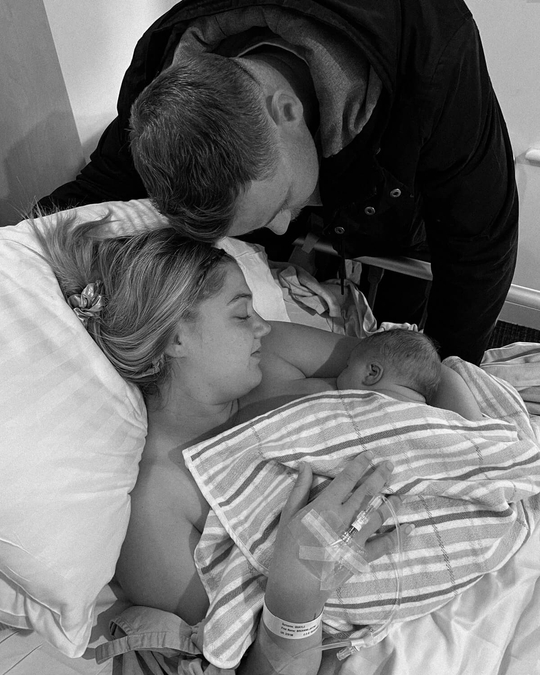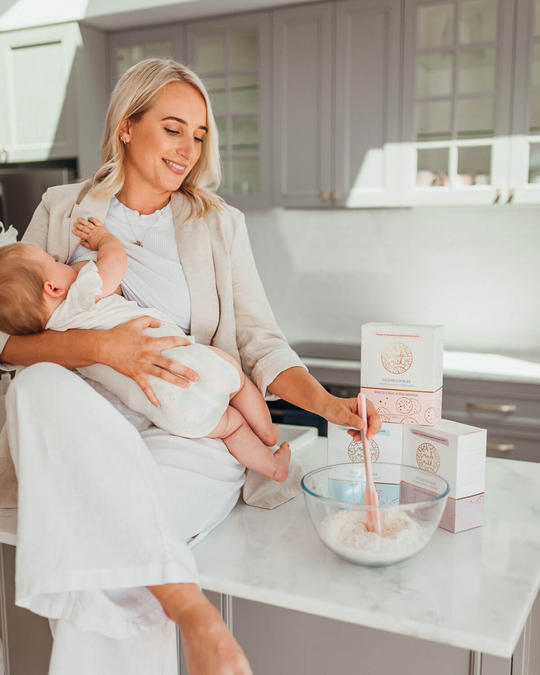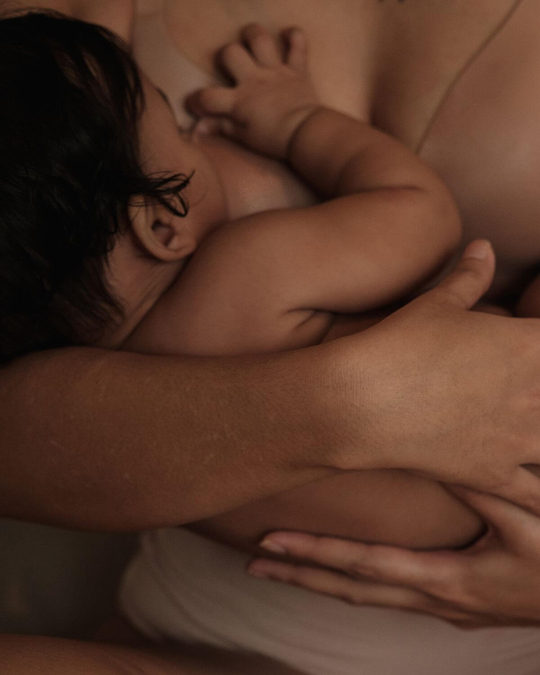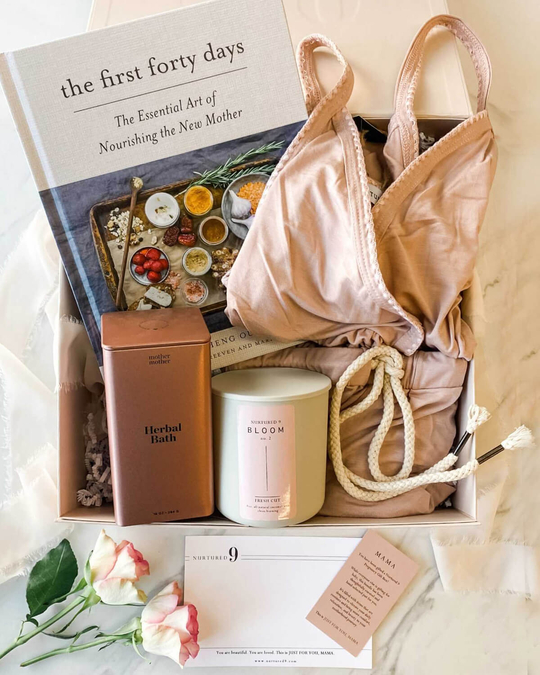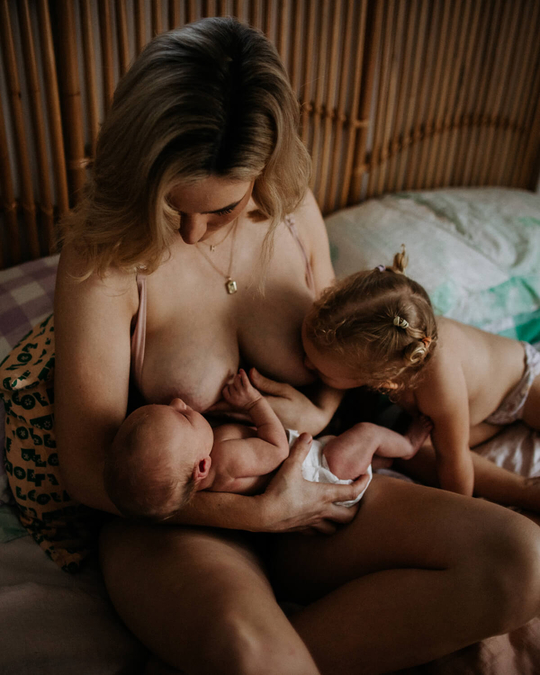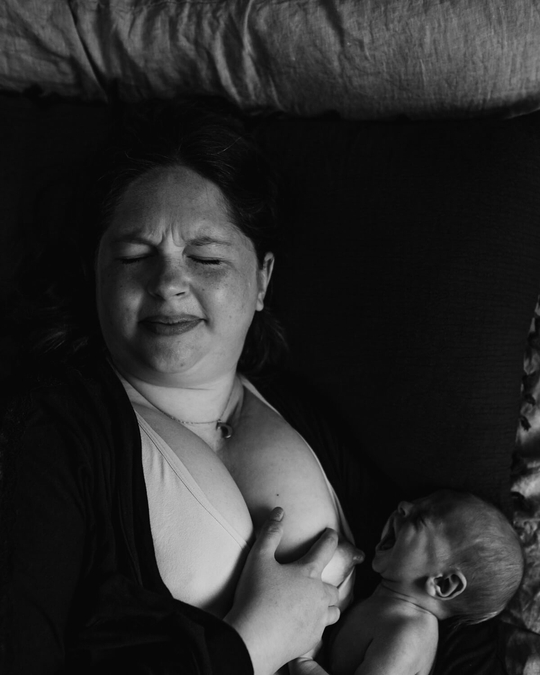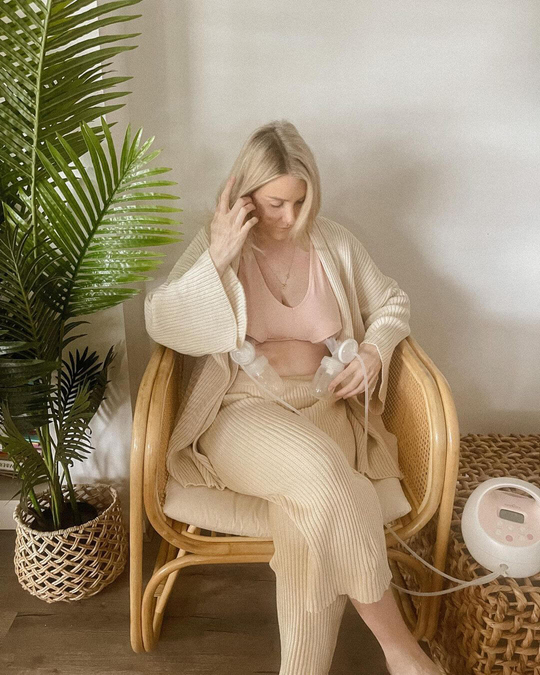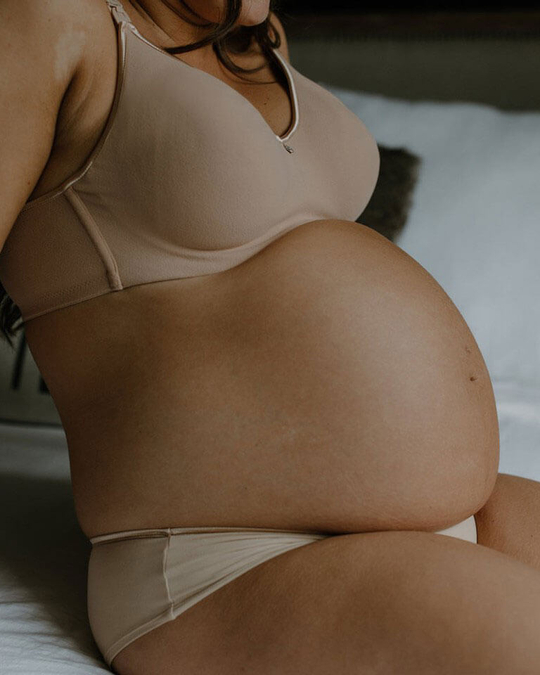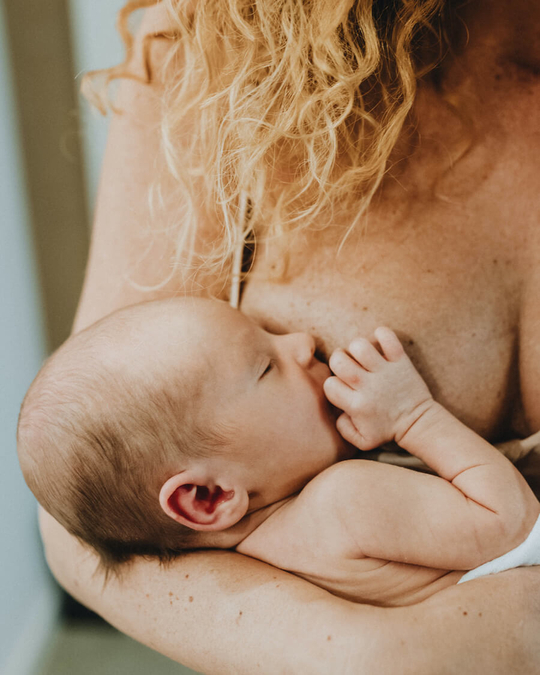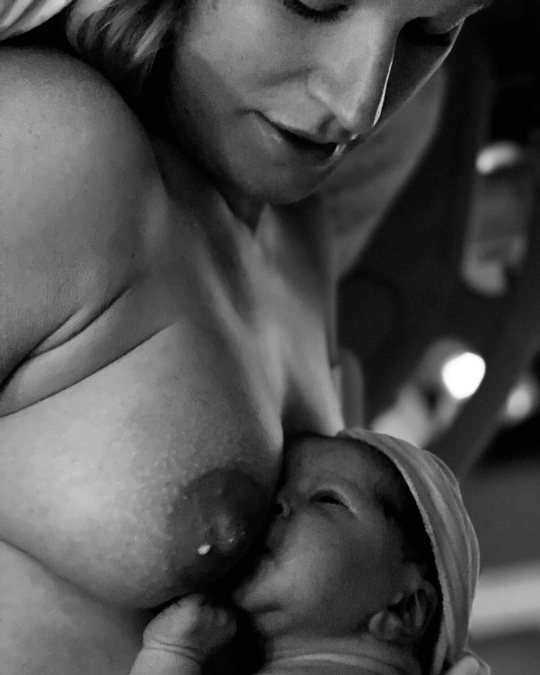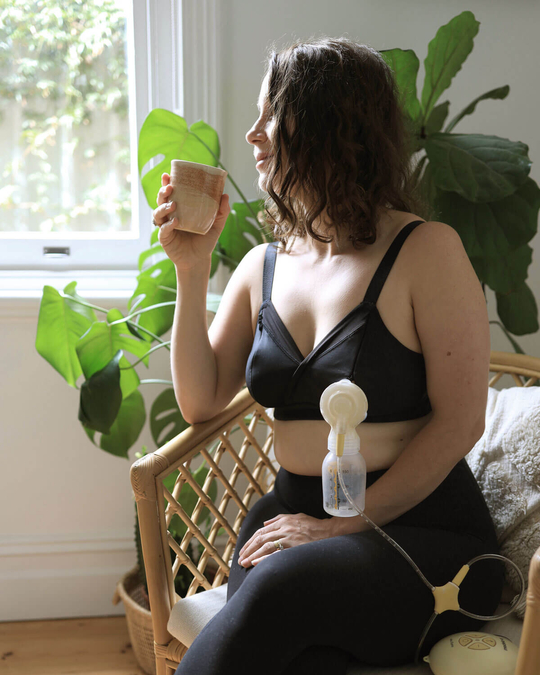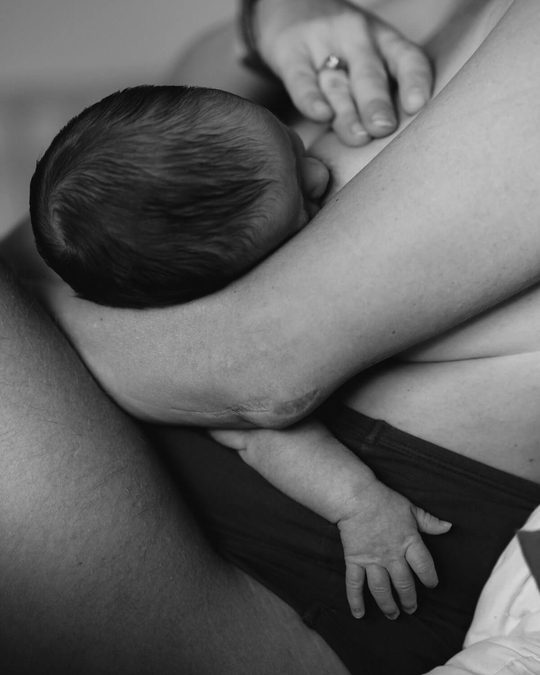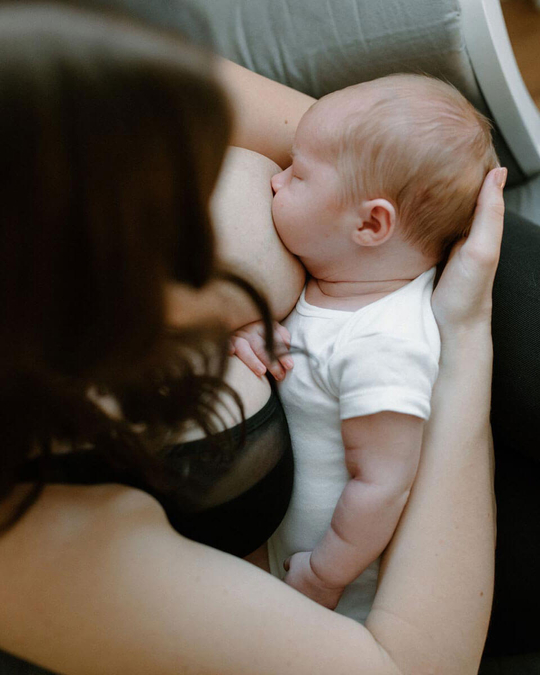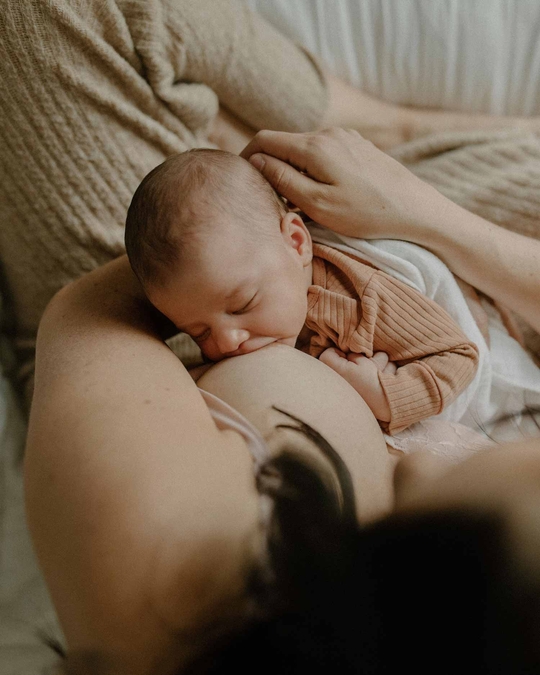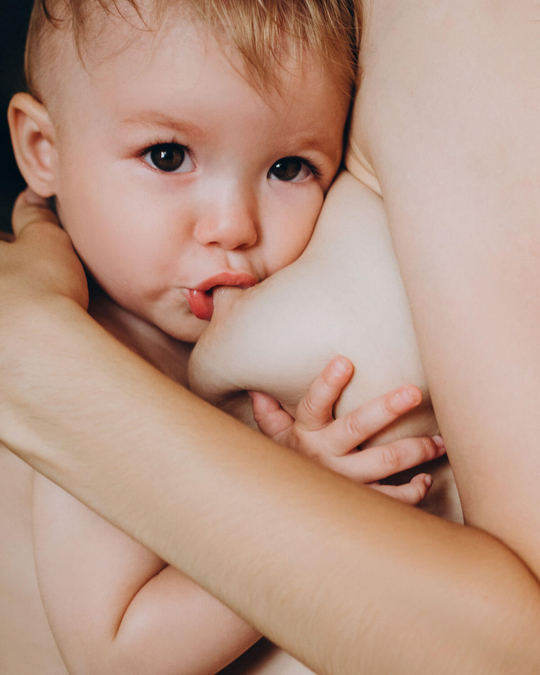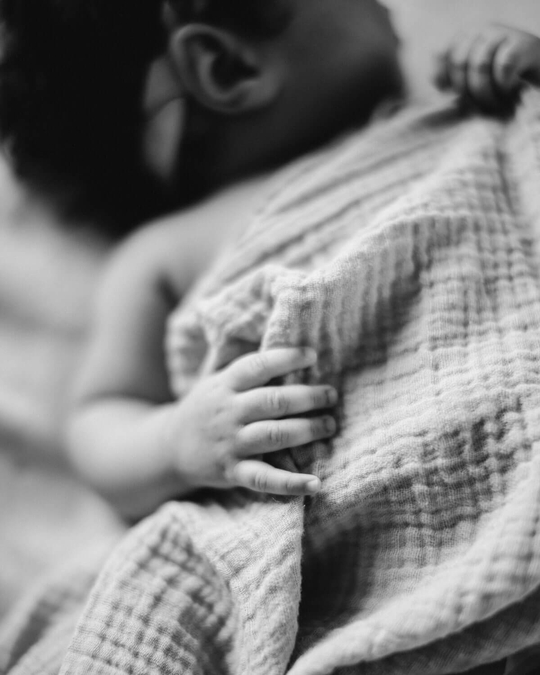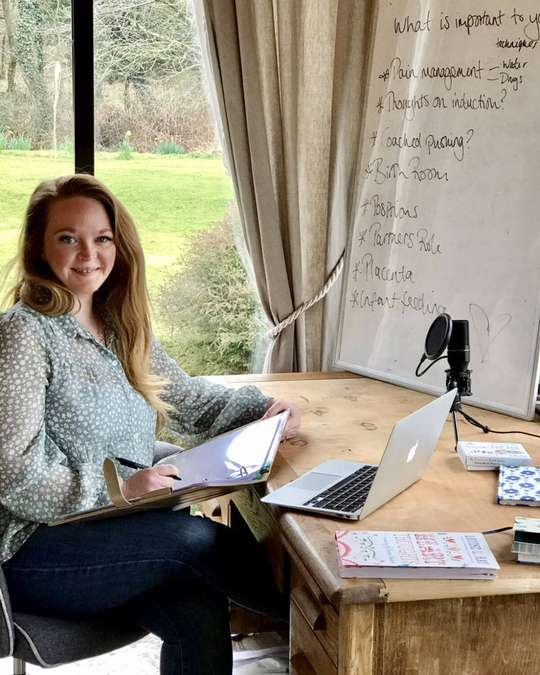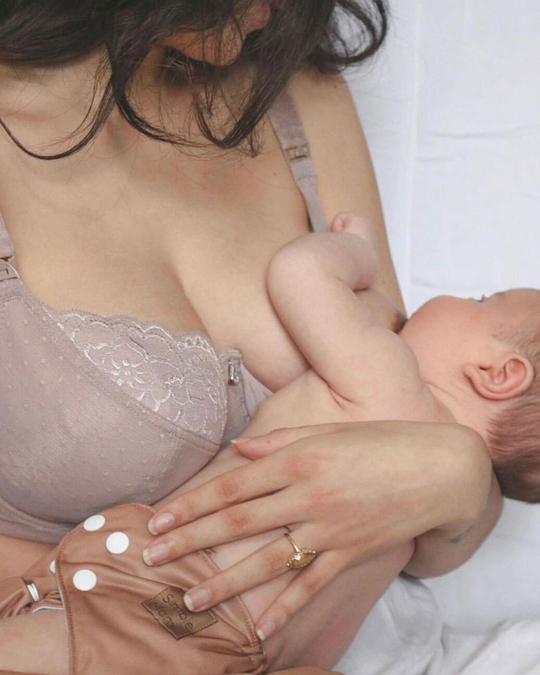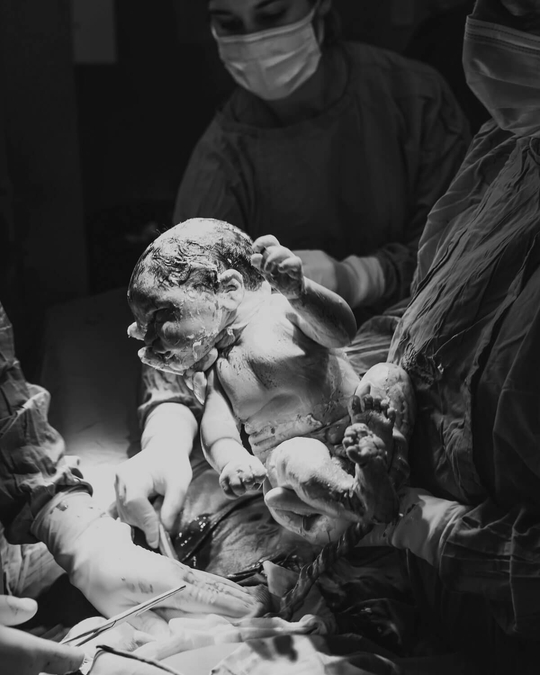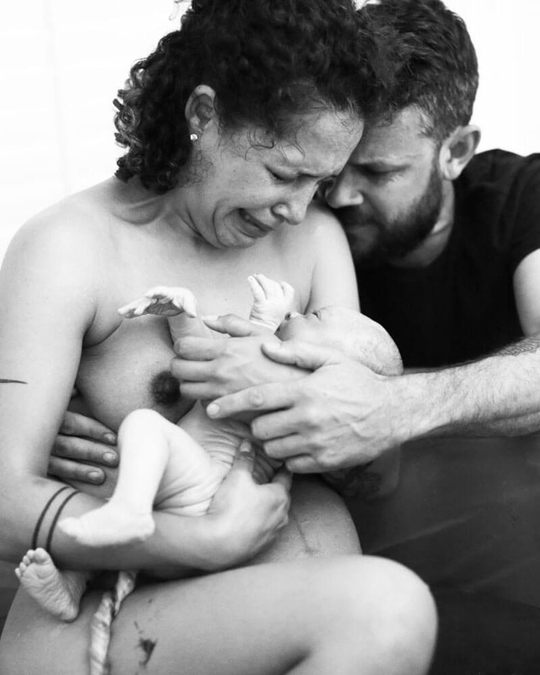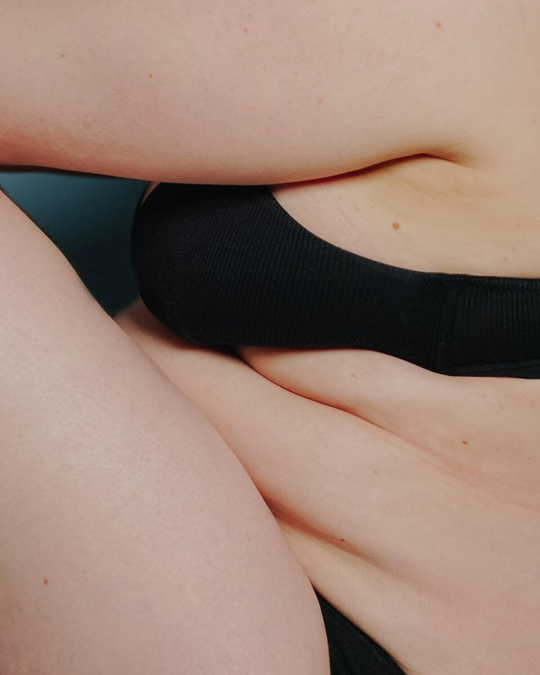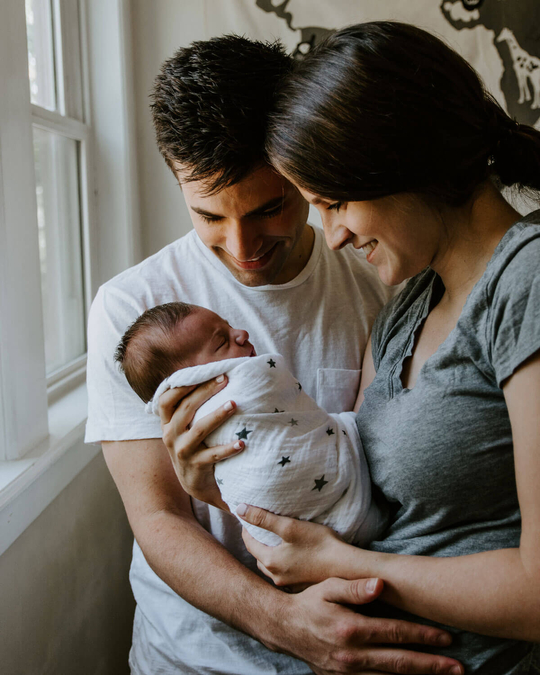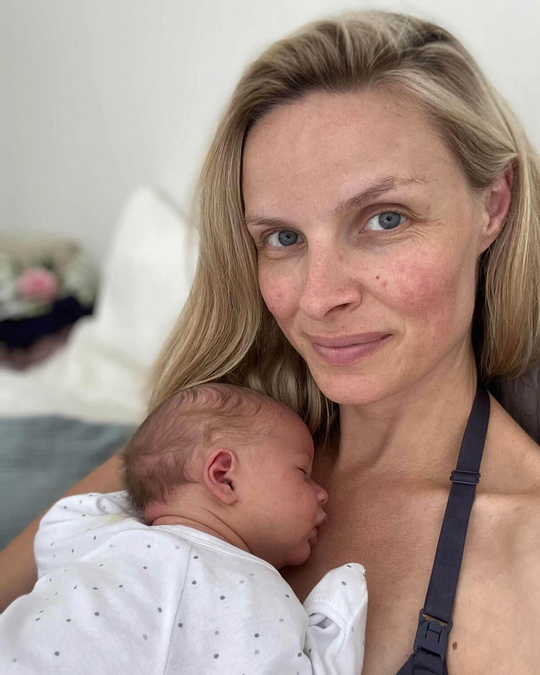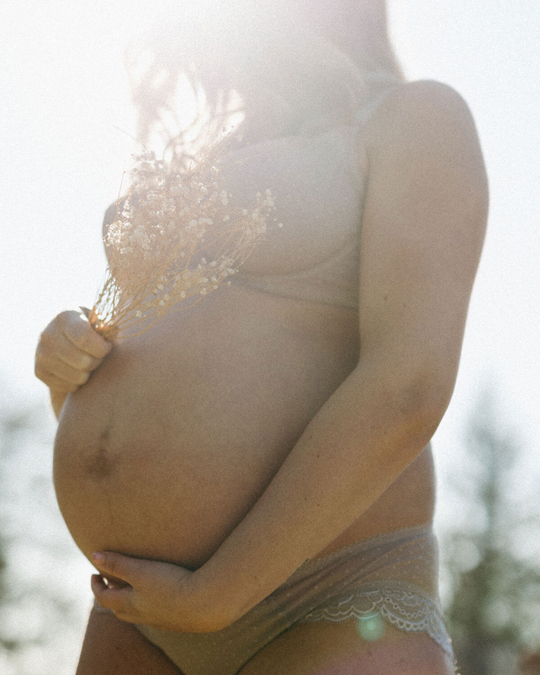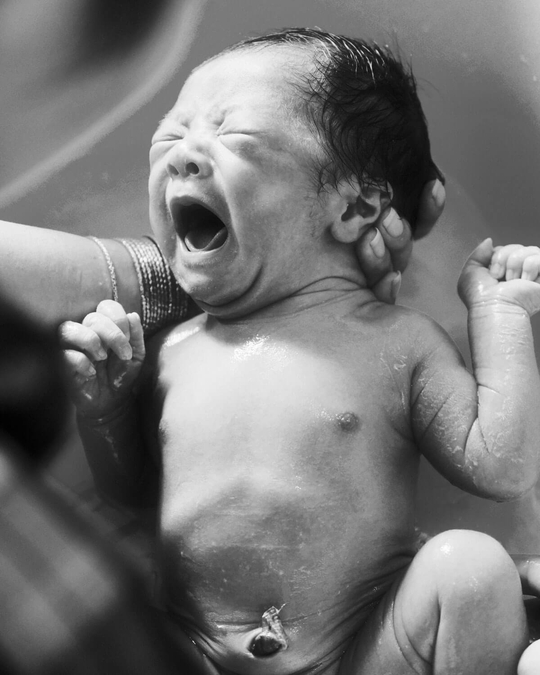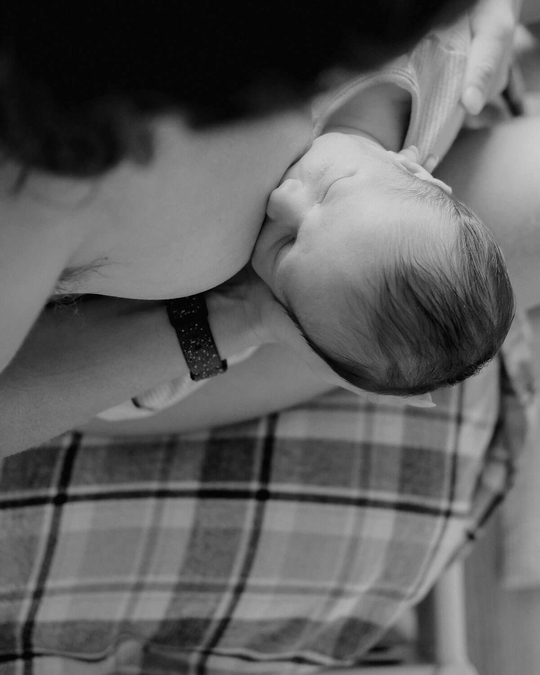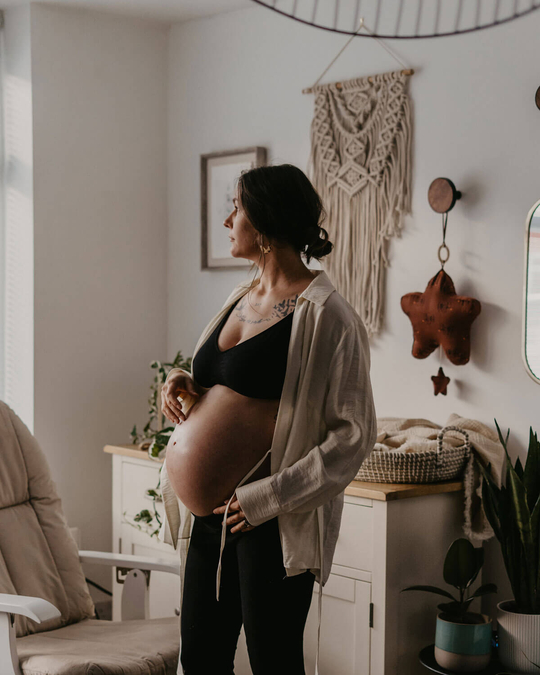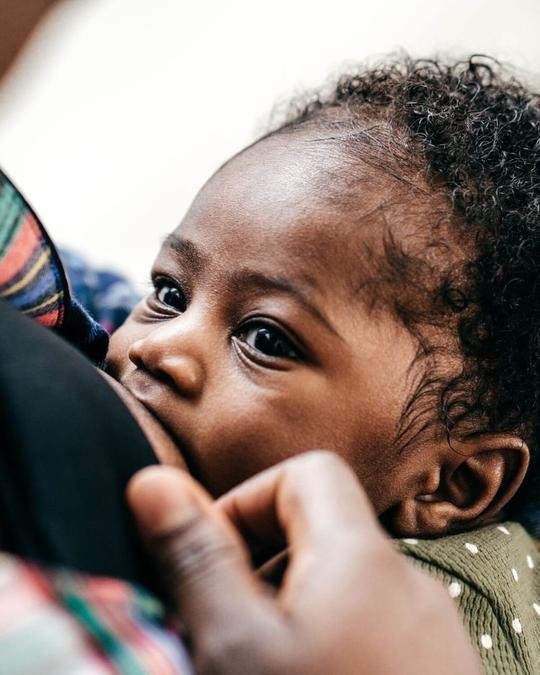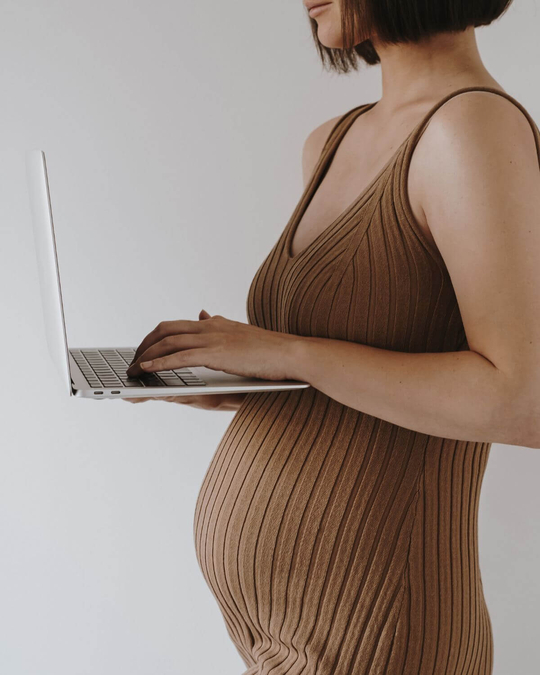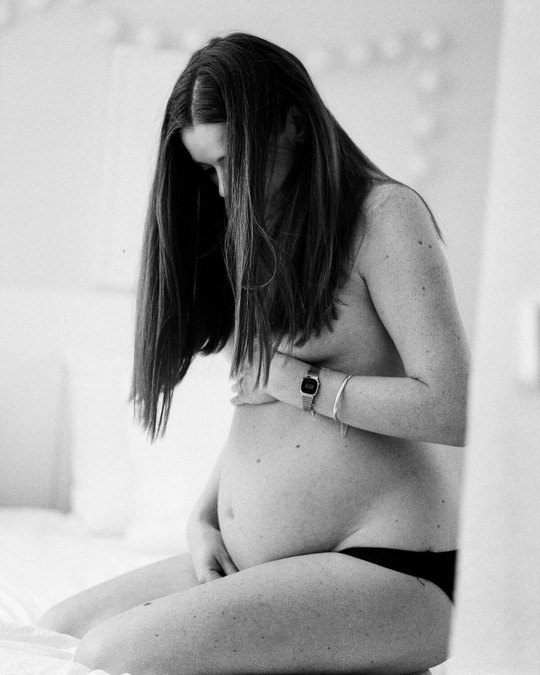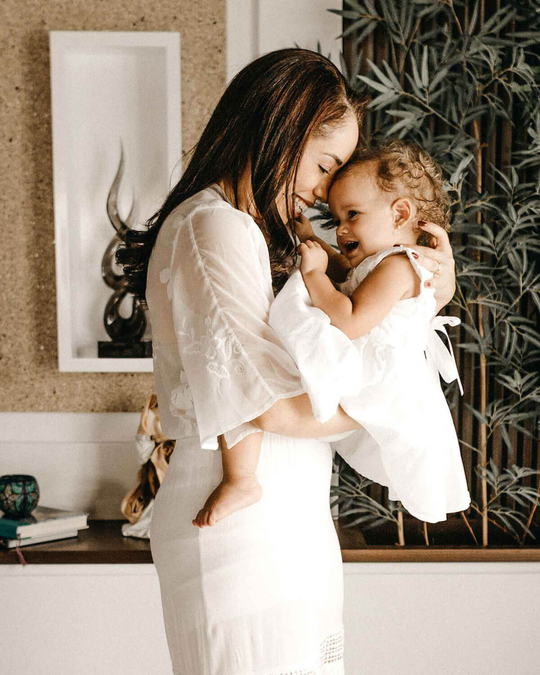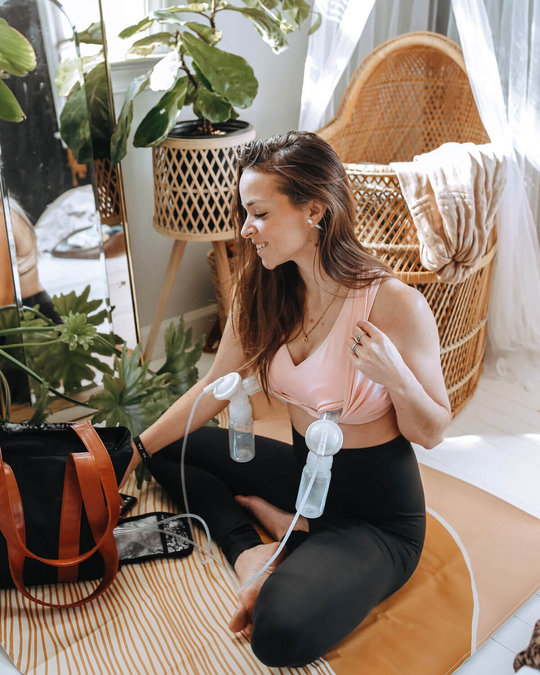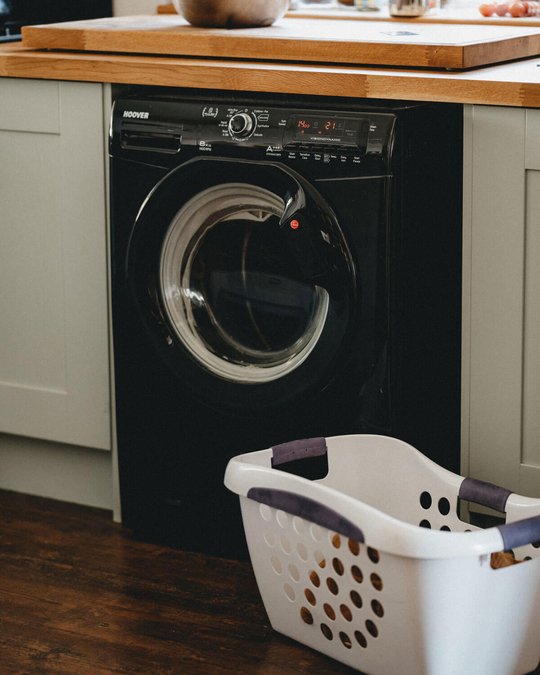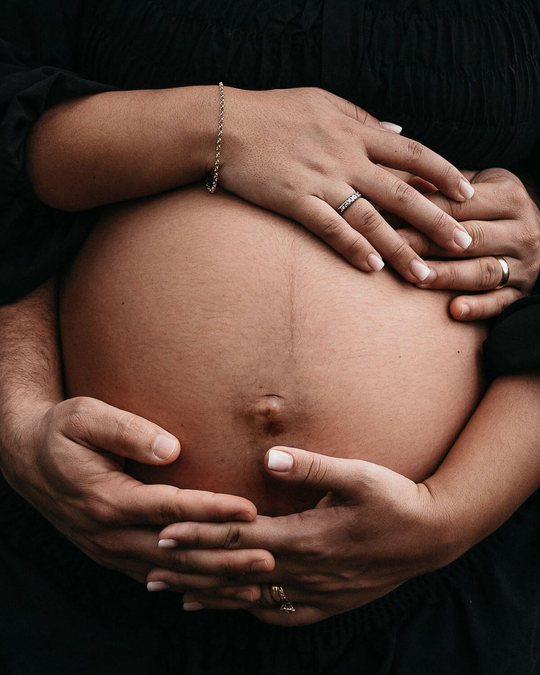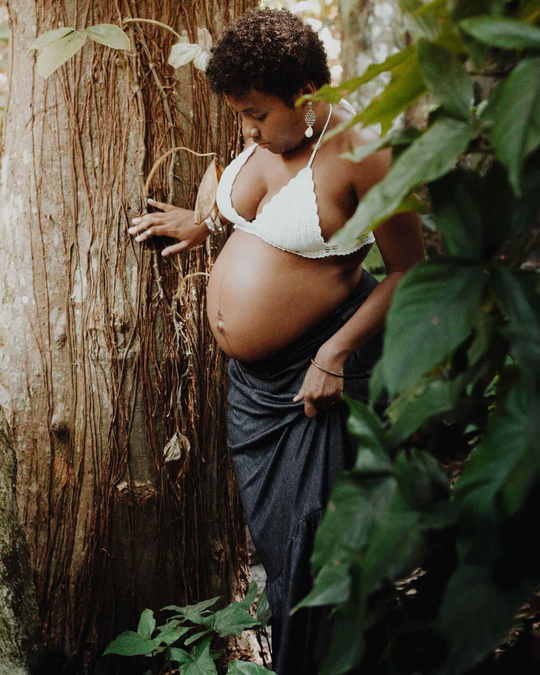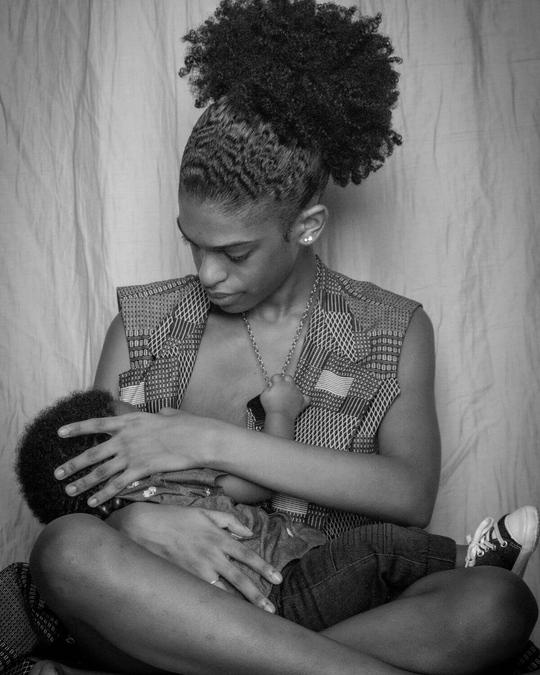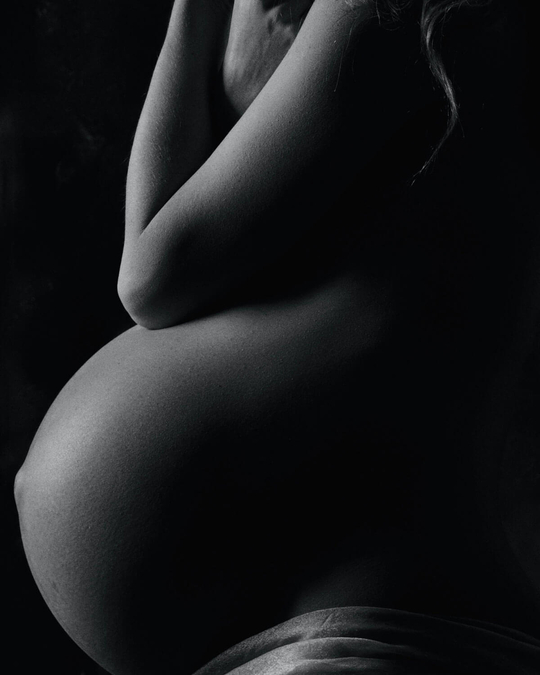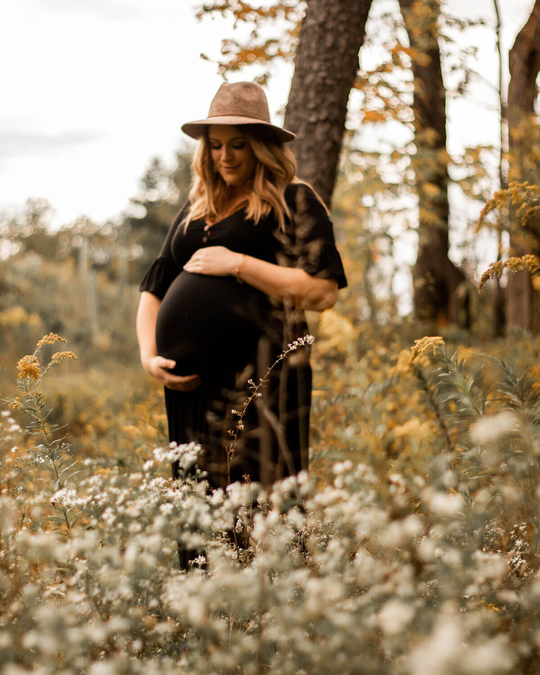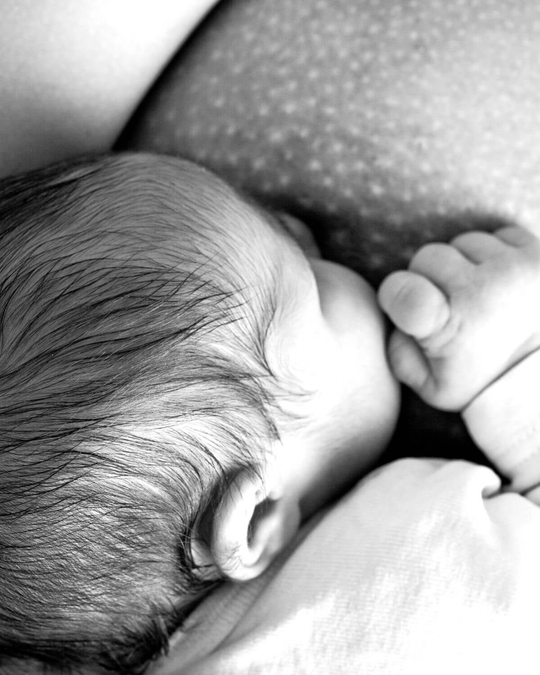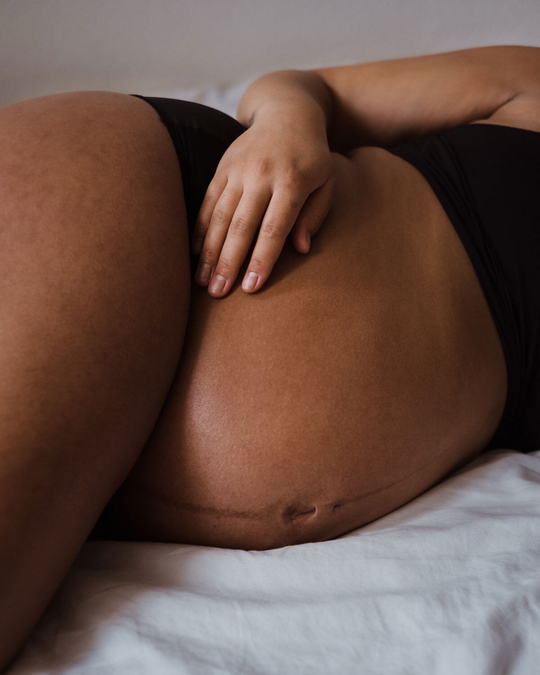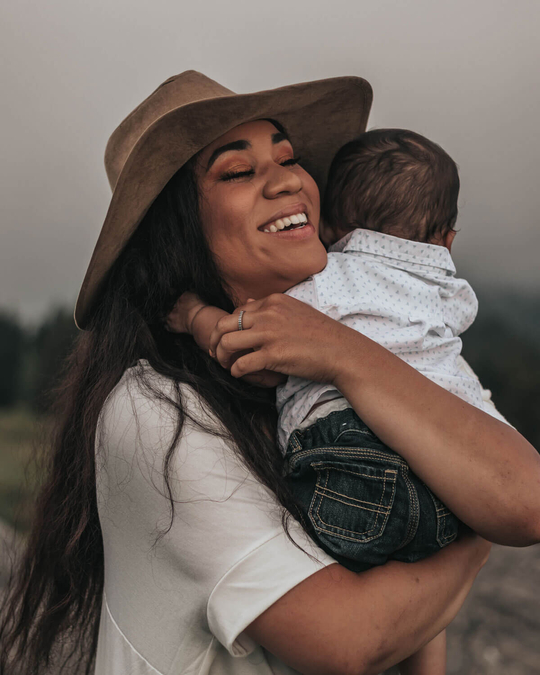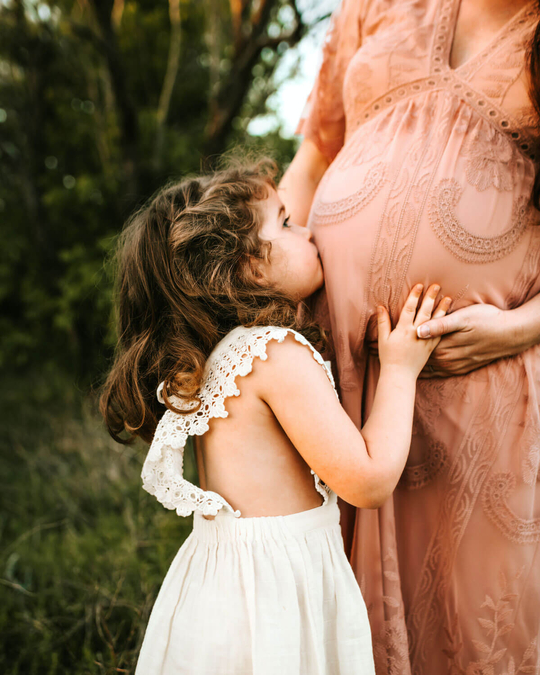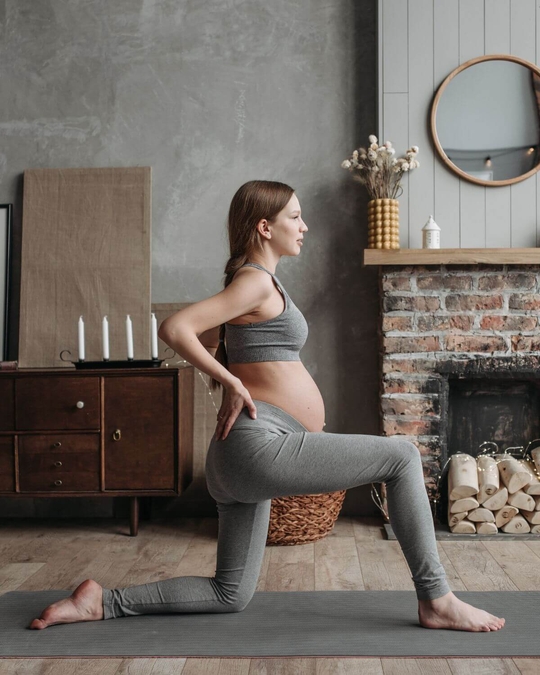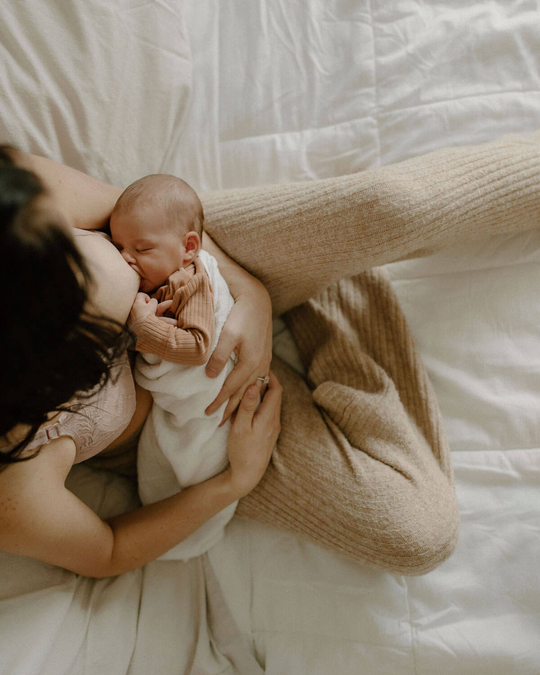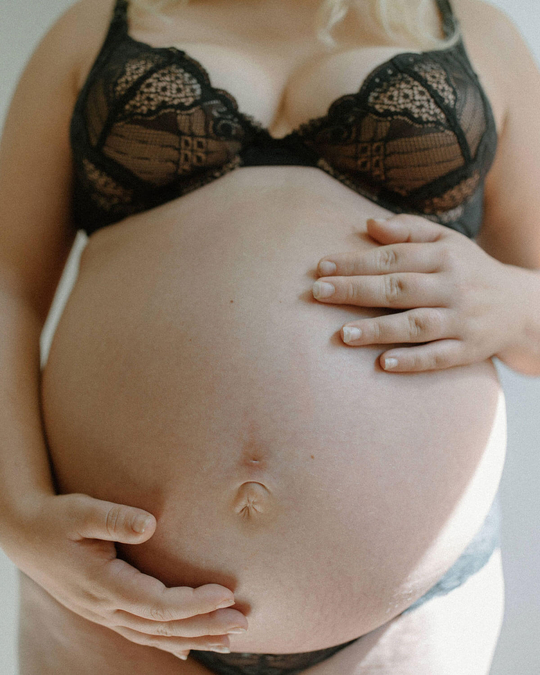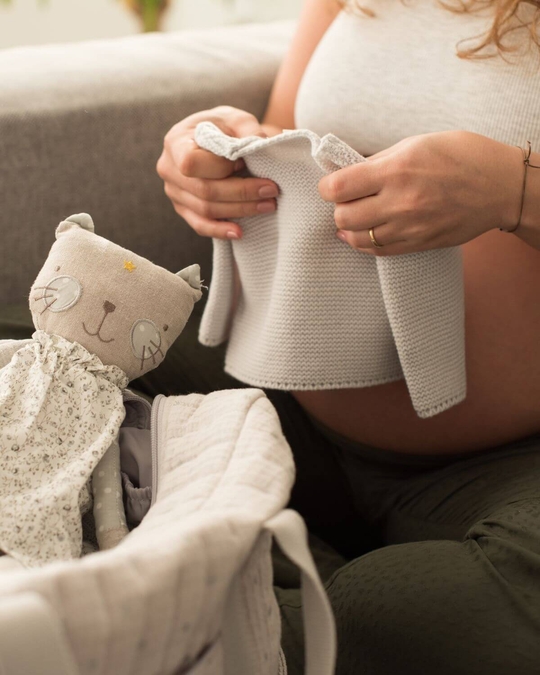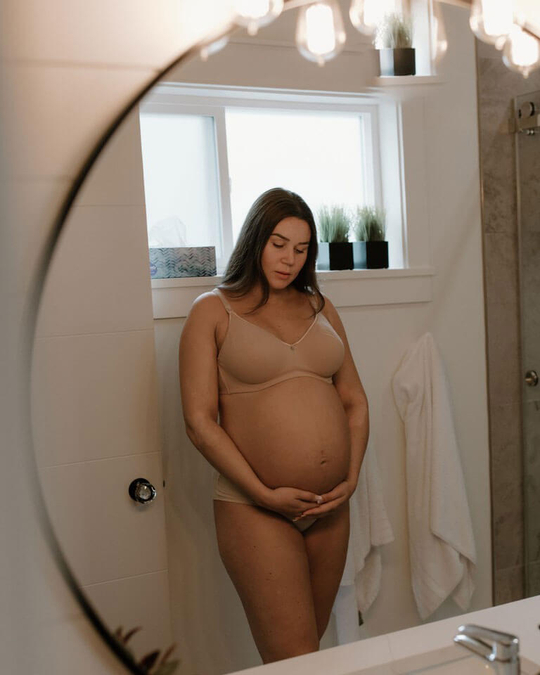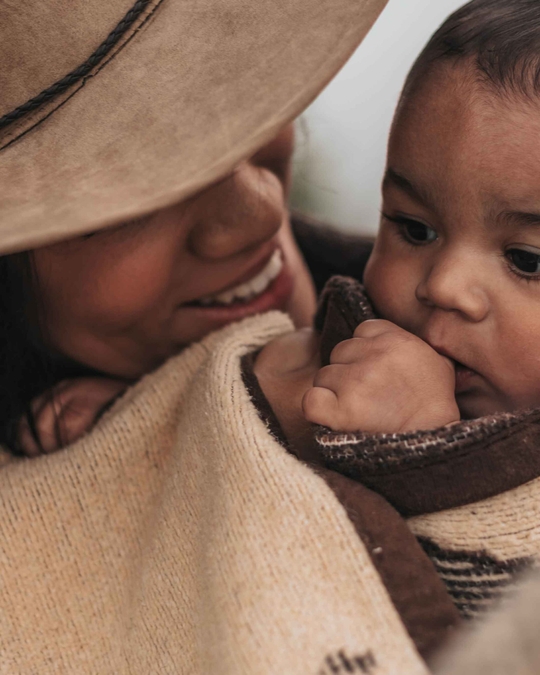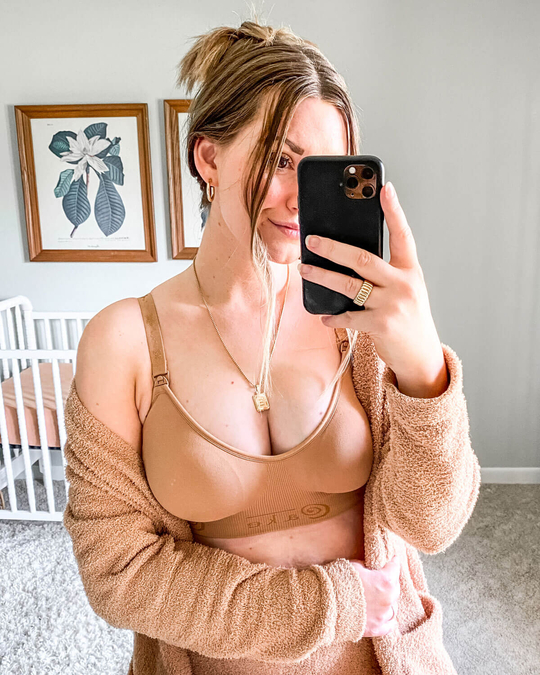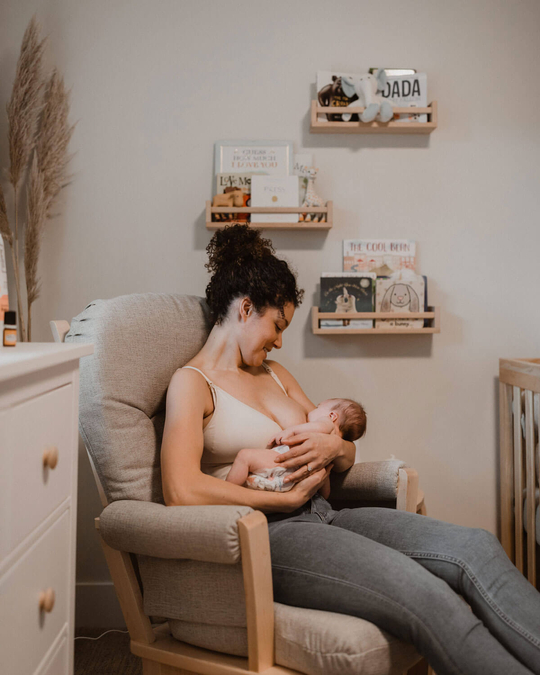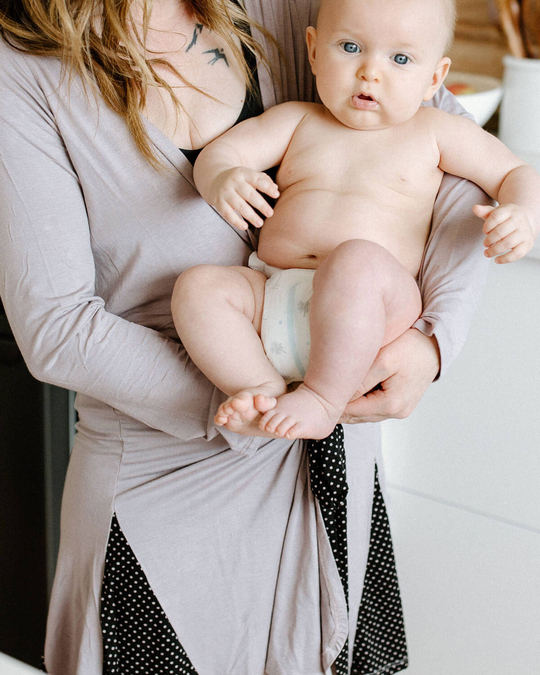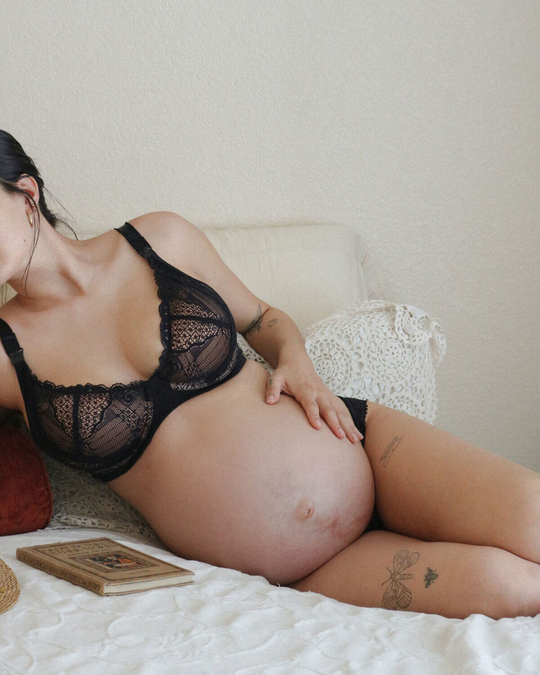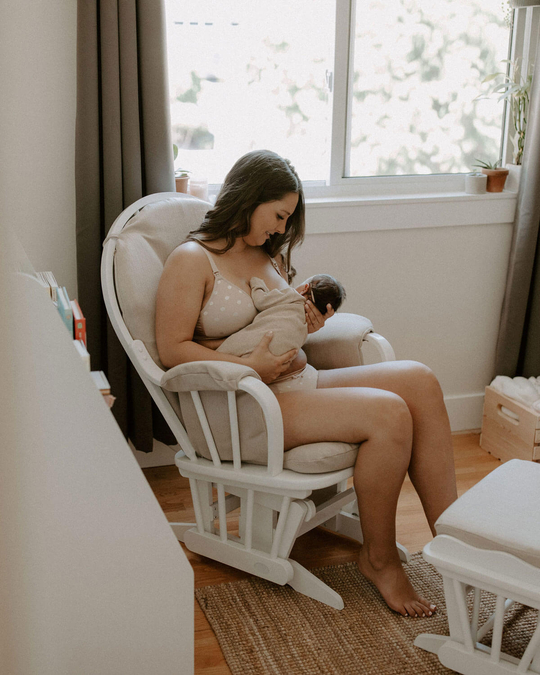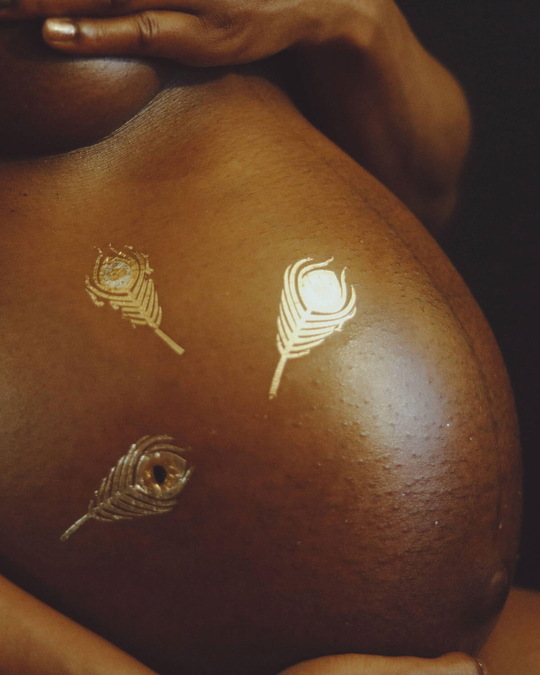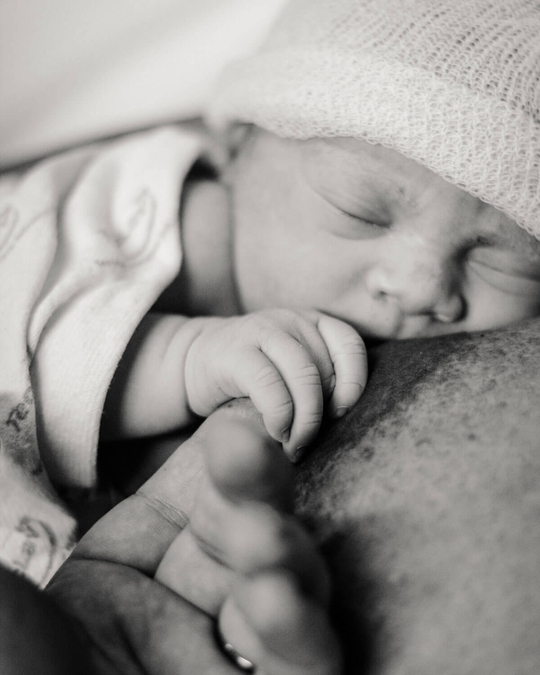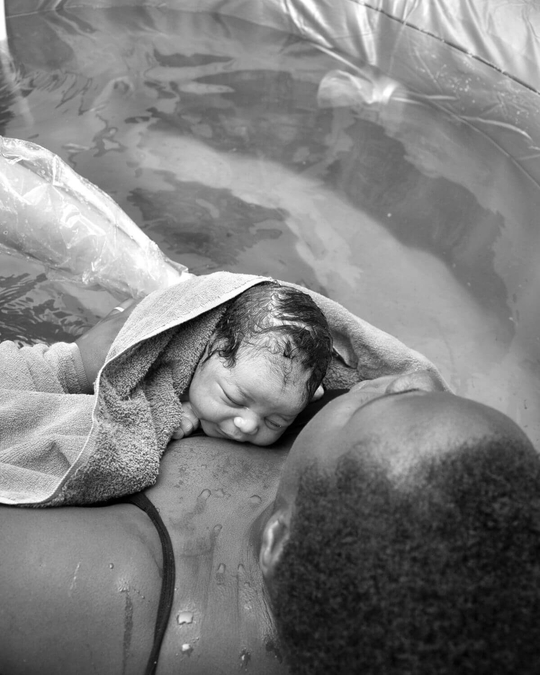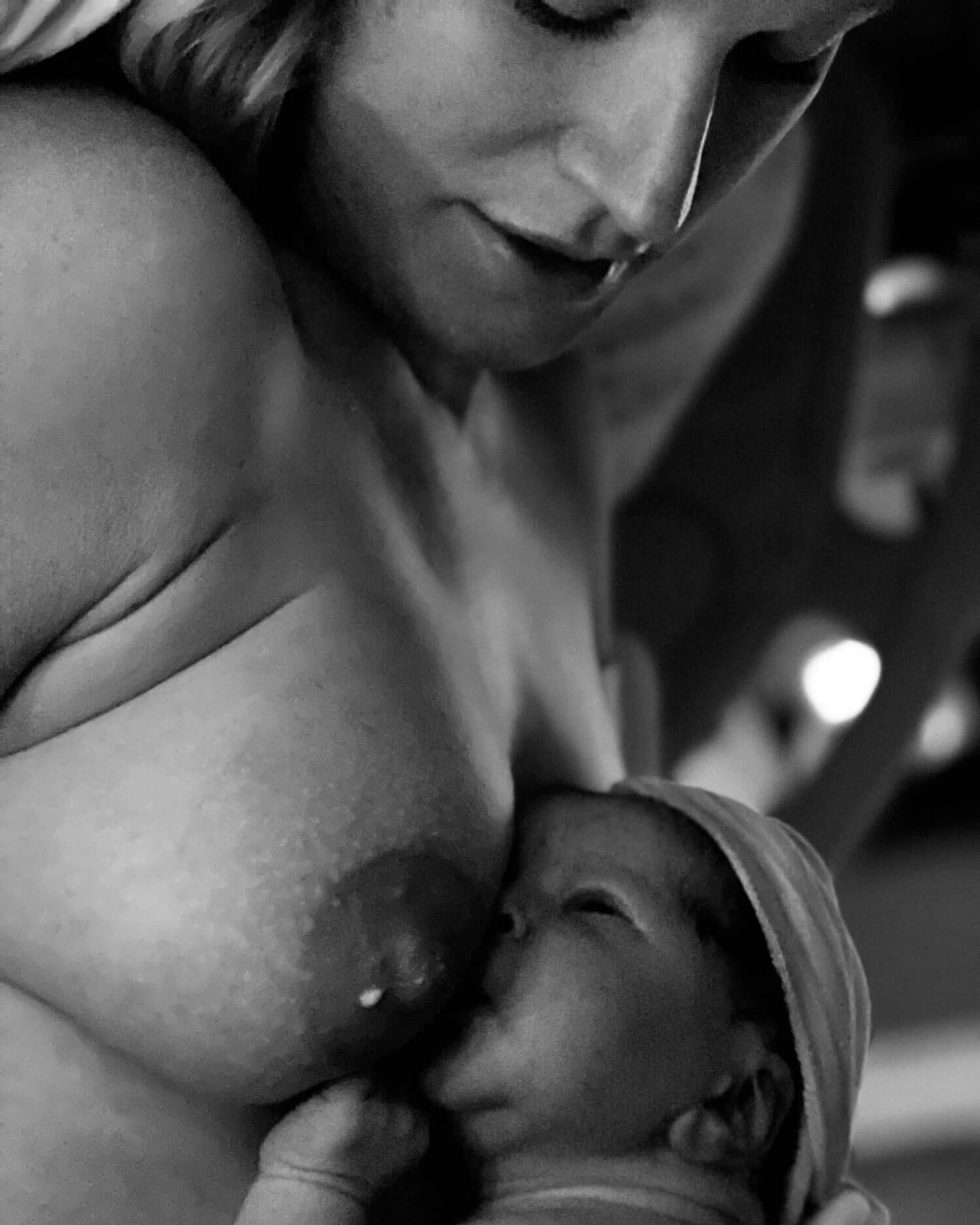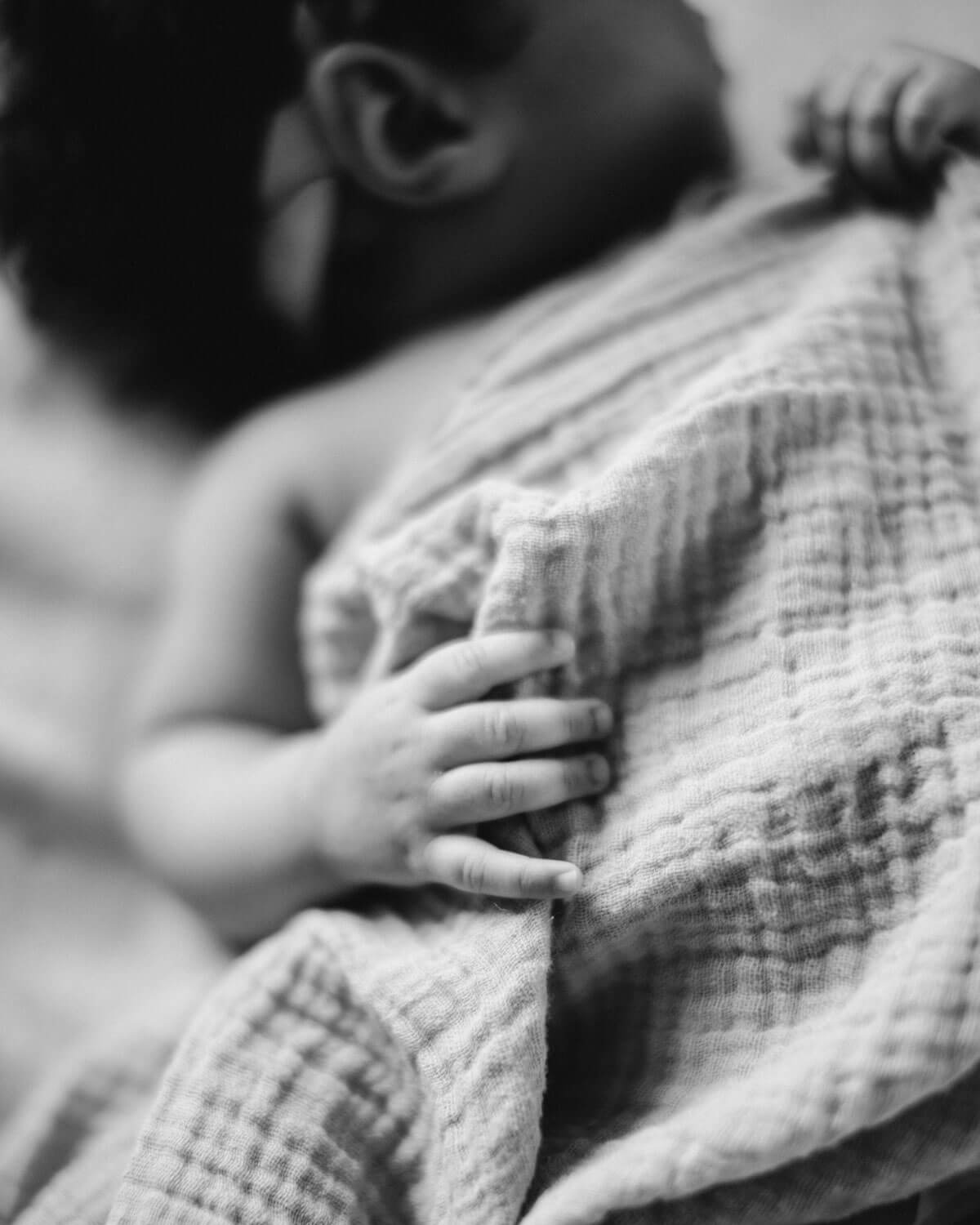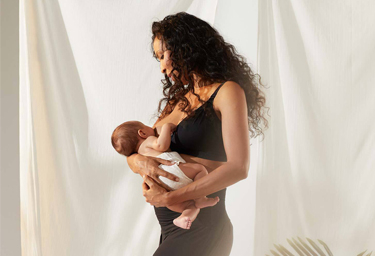The ongoing Covid pandemic, economic challenges, reduced salaries, parental leave, managing expenses on a single income, rising fuel costs, fluctuations in the stock market, interest rates, as well as expenses related to buying or renting a house or car, and the impact of inflation are just some of the many financial concerns that can dampen the excitement and happiness of starting a family. However, with a few smart money-saving strategies, you can still make the most of this wonderful time and create cherished memories.
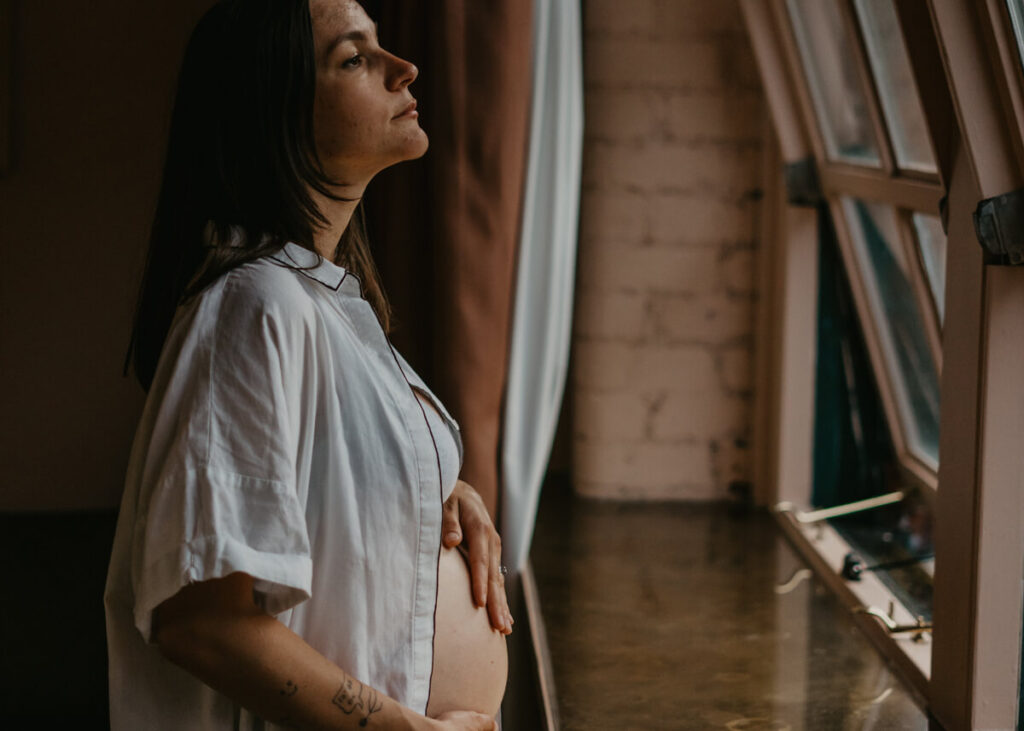
Saving money before baby comes
If you know you’re going to be living off one income as soon as your baby comes, try to transition to living off it as soon as you can during pregnancy, and put the second income aside so that you have a nest egg once bub comes along.
When you’re newly pregnant, it’s so easy to get sucked up into all the excitement and get carried away with shopping for baby, without thinking about the future and what you’ll actually need. If this sounds like you, or you’re simply not the best with budgeting, setting up a long term deposit or untouchable account is a great option.
Other saving tips
- Know your rights: Enquire early about maternity (and paternity) leave and pay, as well as additional bonuses from the government that you may be entitled to.
- Be sure about that purchase: If this is your first baby, you may feel extremely excited, but that enthusiasm can quickly turn into regret if you end up holding a garage sale to get rid of items that you didn’t really need. It’s important to keep in mind that you will receive gifts from various people such as colleagues, family, friends, and neighbors, so you can drop hints about what you need or what you’re most interested in for your nursery.
- Have a baby shower: Although it may seem obvious, hosting a baby shower is an excellent way to acquire items from your wish list. You can ask everyone to bring a plate, and if you want to be more direct, you can send out a registry or request cash donations.

Saving money with a newborn baby
If you think about it, babies don’t require a lot of money. They eat, poop, sleep, and repeat. Your baby will need some basic necessities, and most of these will cost you very little, if not nothing at all:
1. Security: A safe and stable environment.
2. Clothing: The basics to keep them cool in summer or warm in winter.
3. Enough sleep and rest: Babies need about 18 hours of sleep each day in the first few months.
4. Nutritious food: If you are formula feeding, make sure it is specific for their age and if you are breastfeeding, they’re likely to be getting all the nutrients they need.
5. Sensory stimulation: To develop their cognitive skills, physical, mental, social, and emotional well-being, stimulating their sight, touch, hearing, taste/smell is imperative to their development.
6. Love and attention: Babies need to be held, cuddled, played with, touched, and conversed with for healthy development.
Sure, there are lots of gadgets out there that may promise to make your life easier, but these are not essentials for your baby’s survival. You may think you need that wet wipe warmer, and wouldn’t they look adorable in that Dolce and Gabbana onesie, but your baby won’t know the difference. They just need your time, attention, love, and care.
Other saving tips
- Bargain hunter: There are some items that you will need to invest in such as car seats, formula, steriliser, and bottles (if you’re not breastfeeding) that will usually need to be purchased new. The stroller, crib, change table and nursing chair can all be purchased second hand and if you’re not keen on using used items, there’s always the factory seconds that are just as good but may have a slight dint, scratch, or tear for a fraction of the cost.
- Milk on tap: Breastfeeding, if you choose and are able, is one of the most cost-effective ways to save those precious dollars flying out your wallet. All you need to invest in is a few good maternity bras and you are set. Your personal nutrition is also key, and you will be burning additional calories, so make sure you’re still taking care of you. You know what they say, you can’t pour from an empty cup, or nurse from an empty boob.
- In sickness and health: Everyone says there are lots of unexpected expenses when it comes to babies, but really there’s not, unless they get sick. Studies show that your baby is less likely to get sick if you are breastfeeding them, as they will have antibodies and immunity specially formulated for them that formula isn’t able to replicate.
- Nappies: Instead of buying these each week, invest in a set of washable nappies. These will not go into landfill and will save you a load of cash over time.
- Be prepared: This goes for you too. If you’re running out of the house and you’ve forgotten nappies, a water bottle, a snack, a coffee and so forth – these things can add up pretty quickly when buying them on the go. Always have a packed bag in the car with some essentials to save you stopping at the shop.
- Do your research: Marketing these days is very convincing, but there’s nothing more genuine than a review or a friend’s opinion to help you decide. Whether this is for a maternity bra, a stroller, a breast pump or a big-ticket item, always do your research. This goes for the performance, durability and value, as well as the fine print on returns, trials, and faulty clauses. If it’s not right, return it immediately and follow up for your money back or an exchange.
- Become a tradie: Is there something that your baby doesn’t like or didn’t use? Then don’t just throw it away, trade with another mama for something that you might find useful for your baby’s stage of development. Whether this be a toy, a bib, or a pair of shoes.
- Multi-fit: Do you remember how quickly you grew out of those maternity pants you hardly ever wore that were specifically for when you were 5 months pregnant? Disappointing to say the least. Think of that same strategy for yourself and your baby. Instead of buying specific nursing tops or dresses, buy nursing friendly tops that can be worn after you finish nursing. Buy a multi-fit nursing bra that will not only be able to handle your fluctuations and keep you supported, but will fit you for longer throughout your breastfeeding journey. When looking at buying that stroller, get one that will fit in your current car (so you don’t have to buy a new car too), and will last you a few years.
- Rainy day saver: There may be a week or a month where you need that extra dough for something you didn’t budget for or know about. If you’re able to, try to put aside something each week for a rainy day. An emergency account. This can be either in a separate bank account or a trusty jar where someone won’t get to it. This can be a ‘whatever you have left over’ amount, or a set amount to ensure the funds build up over time.
- Cut up the credit card: If you can’t afford it, then you probably shouldn’t be buying it. Most people don’t realise when they are using a credit card to buy things, you are actually paying about 20 – 50% more, (on average, unless paid off that month) for that item. Cut up those credit cards, so you can’t put any more random purchases on them.

Saving money with an older baby
- Plan ahead: Make your own food and store it in the freezer. Preparation is key. This will save you buying pre-packaged food and is also much better for those landfill stations, too. When doing this you will also know exactly what is going into your baby’s food and their precious bodies, rather than relying on a list of ingredients.
- Entertainment: Instead of taking them to a movie or somewhere you need to pay a fee for entrance, look up in your local area where there are free events. Take them to a park or join a mother’s group for some early social interaction, this will also be good for you, and you never know what new friends and allies you will meet.
- Borrow: Books, DVDs, toys and more can be borrowed instead of purchased. Investigate with your local library and other community groups.
- Swap babysitting: Offer friends and family to look after their children in exchange for them looking after yours instead of paying for a babysitter. This sort of arrangement is also good for their social interaction with others, and good for you to have some alone time, whether this be to go for a run, on a date or finish that essay.
- Better to need and not have, than have and not need: Babies and children go through clothes, whether they spill something on them, fall over, spew or poo on them. To save buying a lot of clothes that they may hardly wear, just buy what fits them and is for the weather now, because they will grow out of them very quickly. For this reason, it’s a great idea to check out your local op shop (thrift store) for bargains that other mamas have purchased and have only been worn a handful of times, if at all, before their child has grown out of them.
Take a hike: Instead of driving to where you’ve got to go where you may need to pay for parking, fuel, and tolls – take the pram instead. This way you’re exercising, getting fresh air, spending valuable time with your little one and entertaining them all in one go.
These are just a few from my own personal experience but I’m sure you can think of many more that are more suited for your situation and what you get up to throughout the day. If you’ve got any other suggestions, please add them in the comments below as I’m sure our other mamas would love to hear about them.







